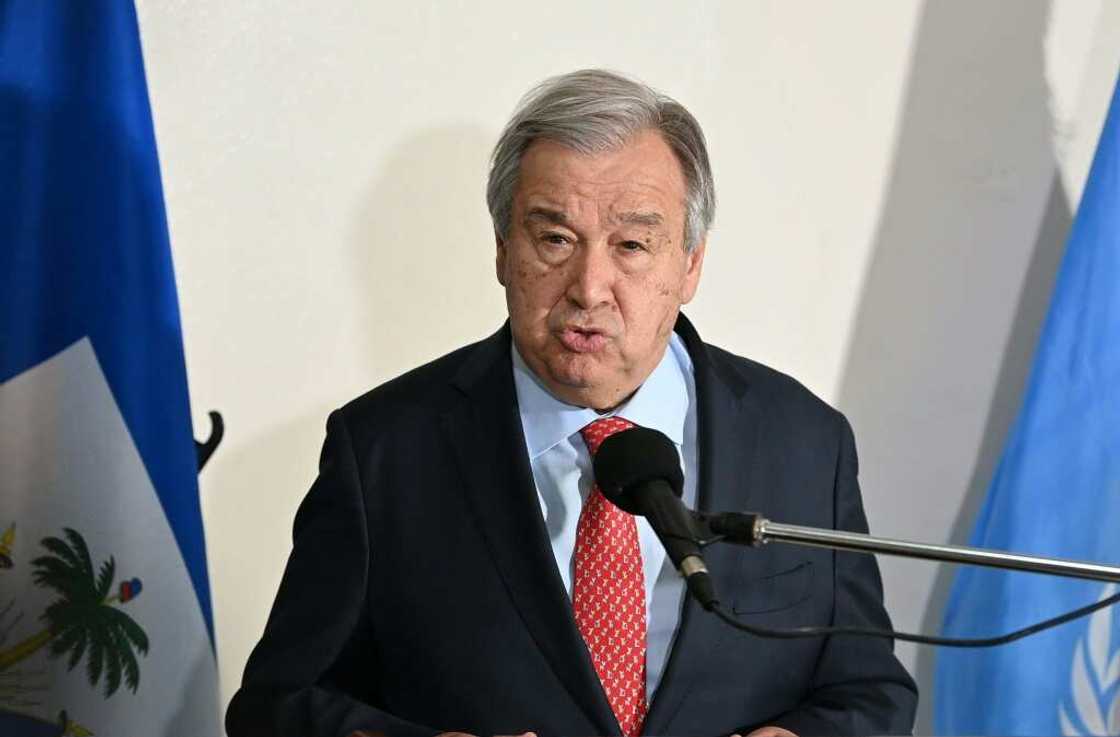UN chief blasts 'outdated' global financial structure

Source: AFP
UN chief Antonio Guterres denounced Wednesday a global financial system where nearly half the world's people live in countries whose governments spend more on debt than education or health.
"Half our world is sinking into a development disaster, fuelled by a crushing debt crisis," said the secretary-general, presenting a United Nations report on the state of the world's debt.
"Some 3.3 billion people -- almost half of humanity -- live in countries that spend more on debt interest payments than on education or health," he lamented.
Guterres added that "because most of these unsustainable debts are concentrated in poor countries, they are not judged to pose a systemic risk to the global financial system.
"This is a mirage. 3.3 billion people is more than a systemic risk. It is a systemic failure," he said.
According to the report, titled "A World of Debt", total global public debt reached $92 trillion last year, a five-fold increase on the year 2000.
PAY ATTENTION: Сheck out news that is picked exactly for YOU ➡️ find the “Recommended for you” block on the home page and enjoy!
Developing countries hold nearly 30 percent of this debt, and theirs is also growing faster. Despite a lower level of debt in relation to their GDP, they are paying more interest, in part because of higher interest rates, the report found.
A total of 52 countries, almost 40 percent of the developing world, are in serious debt trouble, Guterres noted.
"It is one result of the inequality built into our outdated global financial system, which reflects the colonial power dynamics of the era when it was created," he said.
Rebeca Grynspan, who heads the United Nations Conference on Trade and Development, pointed out that the "composition" of developing countries' debt had changed.
In 2010, private creditors accounted for 47 percent of the external debt of developing countries, but by 2021 that had grown to 62 percent.
"So while these private sources can provide essential liquidity to the countries, usually there are less favorable terms for that debt and that makes the restructuring more complex and also the debt more expensive," she said.
Source: AFP



